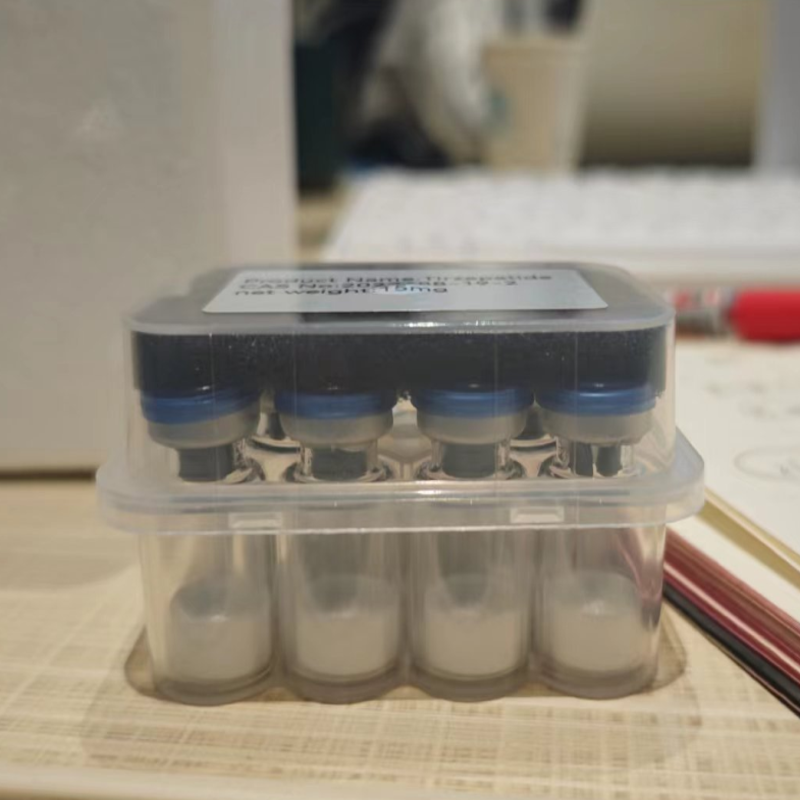Regulatory T-cells may block fatty liver deterioration, study finds
-
Last Update: 2020-07-06
-
Source: Internet
-
Author: User
Search more information of high quality chemicals, good prices and reliable suppliers, visit
www.echemi.com
simply fatty liver is generally stable, but once converted into fatty hepatitis, the incidence of liver fibrosis,cirrhosis will greatly increaseA new collaborative study by Chinese and American scientists has found that an immune cell called regulatory T cells may play a crucial role in this transitionIn recent years, the number of fatty liver patients caused by obesity,diabetes,alcoholism has been increasing, and has gradually become the firstand second cause of chronic liver disease in developed and developing countries,of hepatology, an authoritative academic journal for the field of liver disease research,(
hepatology), this month published the latest findings of a collaboration between Chinese and American physicians, the first paper in the field to report on the relationship between fatty hepatitis and regulated T cellsOne of the subjects, Shanghai DigestiveDiseaseInstitute Deputy Director, Shanghai Fatty Liver Disease Diagnosis and Treatment Research Center, RenjiHospitalAssociate Professor of Digestive Medicine Maxiong said
in clinical,to divide non-alcoholic fatty liver disease into simple fatty liver, fatty hepatitis and fatty hepatitis-related cirrhosisSimple fatty liver is relatively stable,10% -
2
0% will progress to fatty hepatitis,fatty hepatitis patients will have2
5% to 35% of liver fibrosis, cirrhosisSome scholars have predicted that, fatty hepatitis will become the main cause of liver failure in the next 2
0 0 to 30 years Therefore, how to implement "half-way blocking" in the process of pure fatty liver progression into fatty hepatitis has become a hot topic in clinical medicine The mechanism by which hepatitis simple is progression into fatty hepatitis has not yet been fully clarified, and a number of factors, including oxygen stress and intra-liver immunomodulation disorders, are thought to be related to this process Regulatory T-cell (
CD4 plus CD25 plus Foxp3 plus T cells) are involved in liver immunomodulation The team, led by Ma, worked
with Dr Zhiping Lee, Johns Hopkins University School of Medicine, focused on the role of regulated T-cells in the onset of fatty hepatitis The study found that the number of controlled T cells in the liver decreased to about 1
/
2 in mice with significant fatty liver after 8 weeks
of high-fat diet For the first time, researchers also found that regulatory T-cells in vitro experience hydrogen oxide simulation of oxygen stress state will appear "weak wind", apoptosis index increased significantly Further studies found that this phenomenon may be due to the lower expression levels of Bcl-
2
, an anti-apoptotic gene within regulated T cells Conversely, if the liver is given certain antioxidants before it is subjected to oxygen stress, the liver's regulatory T-cell apoptosis will be reduced and can reduce inflammation in the fatty liver Adjusting T cells may be the last line of defense to block the transition of simple fatty liver into fatty hepatitis, Ma said Regulating the number of regulated T cells in the liver , or regulating apoptosis characteristics is likely to develop into a new approach to treat fatty hepatitis
This article is an English version of an article which is originally in the Chinese language on echemi.com and is provided for information purposes only.
This website makes no representation or warranty of any kind, either expressed or implied, as to the accuracy, completeness ownership or reliability of
the article or any translations thereof. If you have any concerns or complaints relating to the article, please send an email, providing a detailed
description of the concern or complaint, to
service@echemi.com. A staff member will contact you within 5 working days. Once verified, infringing content
will be removed immediately.







